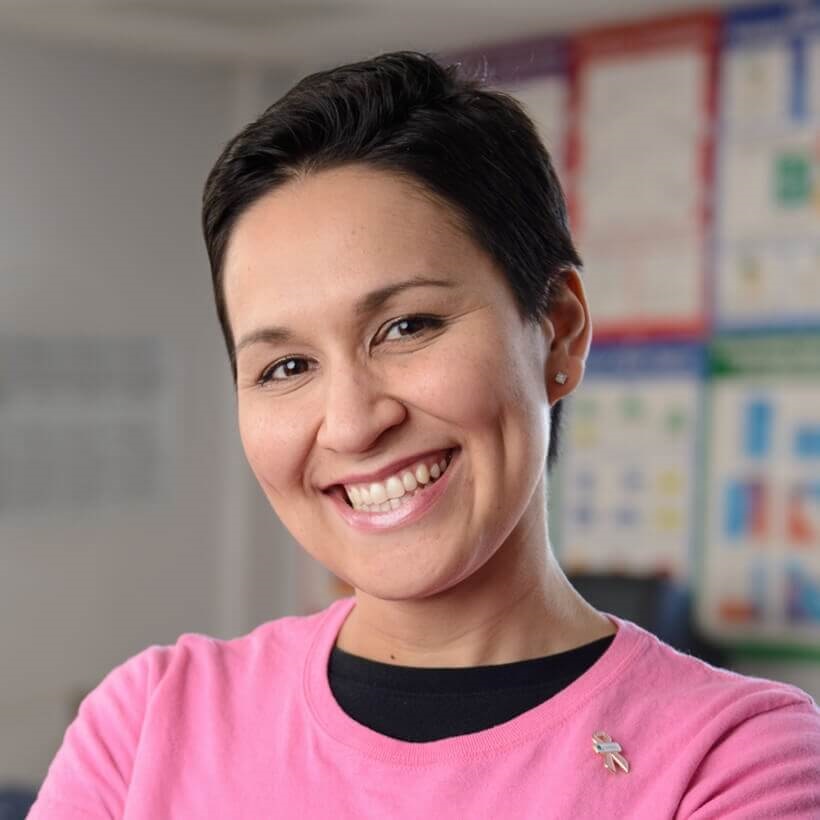

Many patients underestimate how dramatically cancer may affect them, both physically and emotionally. Symptoms like nausea and vomiting, peripheral neuropathy and dry mouth are common side effects of certain cancer treatments, and may be treated with supportive care therapies, like nutritional support, oncology rehabilitation and behavioral health. A supportive approach to cancer care treats the disease with surgery, chemotherapy and other conventional tools, while also supporting patients’ strength, stamina and quality of life with evidence-informed therapies.

Supportive care has two layers. First, conventional treatments attack the disease itself. At the same time, evidence-informed therapies help combat cancer-related side effects. The two together, conventional cancer treatments and supportive therapies, delivered simultaneously by a collaborative team of clinicians—that’s supportive care. Explore the links below to learn more about the various supportive care therapies we offer as part of our supportive approach to cancer care.
The goal of supportive care is to help patients better tolerate treatment-related side effects in order to reduce treatment delays or interruptions and get the most out of life.
Up to 80 percent of adults living with cancer are malnourished.
An estimated 65 percent of patients take a dietary supplement during treatment.
One in three cancer patients continues to experience pain after treatment.
At diagnosis, one in two patients has some form of nutritional deficit.
At least seven in 10 cancer patients undergoing treatment experience fatigue.
Fewer than one in five patients receives spiritual support from a doctor.
One in two cancer patients experiences significant distress.
At City of Hope, our clinicians may recommend several supportive care therapies as part of your treatment plan.

"My experience was consistently empowering. I was part of the decision-making process at every step of the way. My care team was exactly that—a team of caring people—and I made lifelong friends with patients and employees. My naturopathic provider and my dietitian helped me manage and prevent side effects, taught me how to shop for and cook healthier foods, and recommended supplements to take during and after treatment to help my recovery."